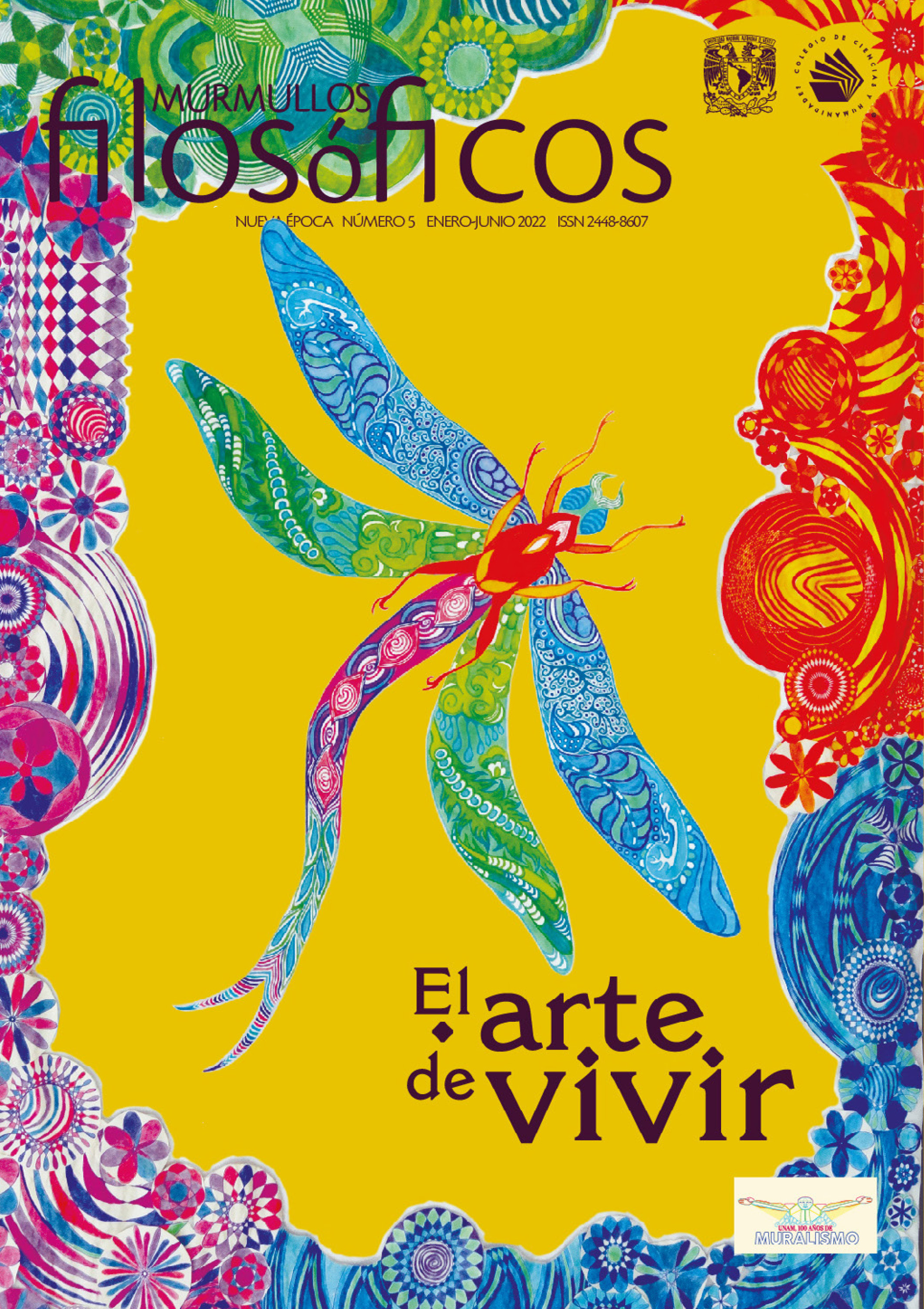It does matter what we name them: Genetically modified organism (GMO)? Transgenic organism?
Main Article Content
Abstract
It is usual to find in different documents and forums both of a techno-scientific or productive-commercial nature, as well as legal, the indistinct use of the expressions “genetically modified organisms” (GMO) and “transgenic” interchangeably as if both terms had the same meaning. Even when they share similarities, they also present significant contrasts, essential to clarify. One way to distinguish one concept from another is by relating notions and processes of biological evolution, natural and artificial selection, and
the use and applications of biotechnologies. This text reflects on the need for and importance of naming them correctly, underlining that those protocols are designed, assigned, and used for research, experimentation, production, commercialization, authorization,
and registration of patents based on these concepts.
So is the implementation of normative, legal, sectoral, institutional, programmatic, planning instruments, or public policies. Under this wide margin of use and application, the possible health, environmental, socioeconomic, and cultural effects and risks
are also considered and with the obvious bioethical connotations.
Article Details

Murmullos Filosóficos by Escuela Nacional Colegio de Ciencias y Humanidades is licensed under a Creative Commons Reconocimiento-NoComercial-CompartirIgual 4.0 Internacional License.
Creado a partir de la obra en www.revistas.unam.mx/index.php/murmullos.

